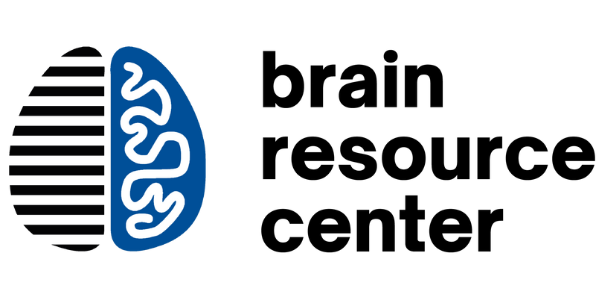
Traumatic Brain Injury (TBI) / Concussion Treatment in NYC
What is Traumatic Brain Injury (TBI)?
A Traumatic Brain Injury (TBI) is an injury that impacts how the brain functions. It can result from sudden trauma to the head from impact (falls, motor vehicle collisions, assault) or a penetrating injury (gunshot wound). Types of brain injuries include concussion, skull fracture, hematoma, anoxia, and hypoxia.
Traumatic brain injuries (TBI) are a major cause of death and disability in the U.S. 75% of TBIs are considered to be mild (or concussions), the remaining 25% are categorized as moderate or severe based on the degree of damage to the brain. But all TBIs, ranging from mild to severe, are serious injuries that can have short and long-term health effects.
Symptoms can manifest as difficulties with memory, concentration, and learning, confusion, and light headedness. They can also manifest with chronic headaches/migraines, vomiting/nausea, dizziness, or blurred vision. Neurofeedback therapy combined with comprehensive brain mapping at BRC can help identify specific regions of the brain that have been impacted, and train/rebuild these damaged regions.
Brain Injury Symptoms:
Behavior or mood changes
Blurred vision
Confusion
Convulsions or seizures
Fatigue/tiredness
Headache
Lightheadedness
Migraines
Nausea/vomiting
Ringing in the ears
Trouble with memory
Trouble with concentration,
Our Treatment Approach for TBI
Our approach includes a combination of neurofeedback, biofeedback, cognitive coaching, and behavioral therapy. Neuromodulation techniques are personalized to target specific areas of the brain, and provide visual and audio cues to restore function to previously damaged areas. At Brain Resource Center, TBI treatment is dynamic and comprehensive. Supplementing neuromodulation techniques with cognitive behavioral therapy helps one adjust to the initial effects of experiencing a brain injury and provides a path for recovery and resiliency.
TBI Assessment
Timely and effective diagnoses, as well as individualized treatment plans, are vital to restoring maximum brain function. Brain Resource Center offers a diagnostic package, consisting of a complete qEEG brain mapping, a cognitive skills assessment, and a neuropsychological evaluation. Based on these results, we develop personalized neurofeedback and cognitive-behavioral therapy treatment plan for your brain.
How does Neurofeedback work?
-

1. Brain map
Brainwave assessment identifies imbalances and helps to create a personalized treatment plan.
-

2. Treatment setup
Non-invasive sensors and headphones are placed on your head and the treatment session begins.
-

3. Brain activation
Software translates your brainwave data and stops or starts audio/visual media based on your brain activity.
-

4. Conditioning
In response to the audio/visual feedback, your brain adapts and learns to regulate your brainwaves and build new, healthy neural pathways.
-

5. Brain Training
Over time with continuous brain training, healthy brain activity in target regions increases, and symptom-associated activity decreases.
Ready to start the process?
Step 1: Schedule an intake appointment.
This initial session is a time for you to meet with our clinical psychologist, Dr. Fallahpour, to discuss your medical history, symptoms, goals, circumstances, etc. Fill out the booking form here or call us directly at 212-877-2130 to schedule your intake session or inquire for more information.
Step 2: Complete brain assessments.
After your intake session with Dr. Fallahpour, we recommend that you complete a qEEG brain map and neuropsychological screening. This provides us a more objective understanding of what is happening in your brain and which issues we need to focus on treating.
Step 3: Start treatment sessions.
After reviewing the results of your brain assessments, Dr. Fallahpour will design a personalized treatment plan for you. Then you will be able to start treatment sessions in office or remotely if eligible. Click here to learn more about our treatment options.
Related Research
Additional Resources
An Overview of the Use of Neurofeedback Biofeedback for the Treatment of Symptoms of Traumatic Brain Injury in Military and Civilian Populations. Click here
The Special Applicability of the Low Energy Neurofeedback System Form of Neurofeedback to Traumatic Brain Injury: I. The Theory. Click here
Synapse - NYU Chapter
https://synapsenyu.wixsite.com/nyu-synapse-national
NYU Synapse National is dedicated to raising awareness and building a powerful support network for individuals with brain injuries. Through peer support group meetings and buddy programs, they work to combat the isolation individuals with brain injuries often face.




